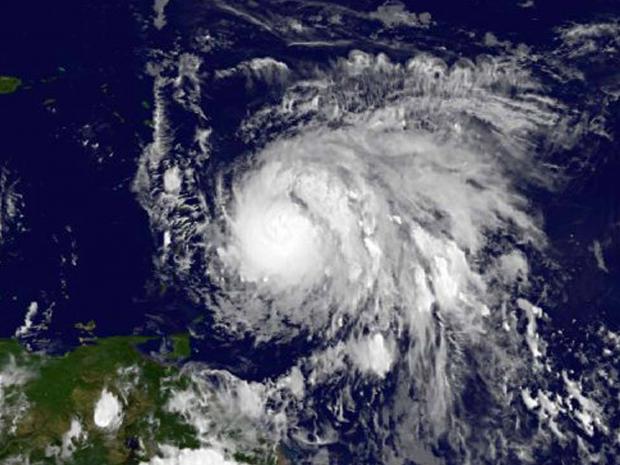By Roxanne Lee
Staff Writer
A Washington state fish farm that held about 305,000 Atlantic salmon collapsed on Aug. 19, releasing over half of the non-native salmon into Pacific waters and putting the Northwest coast’s ecosystem in danger.
Canadian multibillion-dollar seafood company, Cooke Aquaculture, owns the Cypress Island, WA., farm. Three days after the accident, the company stated that the pen had broken due to an extreme tide caused by the solar eclipse. Data on the tides later showed that they were normal for that time of year, leading the company to rescind the statement. Penalties for the aquaculture company have not been decided yet.
The mass escape is linked to outdated, rusted equipment at the farm. In Feb. 2017, an application was submitted at Cooke for replacement and repairs of the facility, as the 16-year-old pen system was wearing down and corrosion on the metal was accelerating. Repairs were planned for September, and in July emergency repairs took place for parts of the facility.

To contain the escaped Atlantic salmon, local recreational fishermen were encouraged to catch as many of them as they could. However, the strongest response in containing the escaped fish came from members of the Lummi Nation, an indigenous tribe in Washington. A few weeks after the escape, Lummi fishermen brought in 391,000 pounds of escaped salmon, far outpacing other anglers, who collectively caught less than 2,000 fish as reported by the Washington Department of Fish & Wildlife.
However, thousands of Atlantic salmon are still missing. Investigators are tracking some of the remaining escaped fish and analyzing their stomach contents to see if they’re eating native species.
Opinions are divided on the potential impact of the escaped salmon. Some think nothing will come of it, as the escaped fish are ill-suited for the wild and will likely die off. Others worry that the escaped salmon will compete with native fish species – like endangered Chinook salmon and steelheads – for spawning ground and food, or that they could bring disease.
The escaped salmon occupy the aame straits as freshly hatched native Washington salmon. A new bacterial or viral outbreak there could be devastating to a generation of young fish. They could also compete with native Pacific salmon, which are already struggling from climate change conditions. One event might be all it takes to put them in danger of extinction.
Large-scale salmon escapes have happened in ocean farms in recent years. Between 1990 and 2001, an estimated one million Atlantic salmon escaped in British Columbia and Puget Sound, but the escaped fish did not survive for long in the wild. In this case, the additional factors of accelerating climate change, pollution, and increased urbanization make predictions of this incident’s impact murky at best.
However, these combined incidents over the past few decades have sparked movements to change government policy regarding fish farming. Washington state officials have halted the construction and expansion of existing fish farms. Additionally, numerous American and Canadian indigenous tribes in the Pacific Northwest have occupied local fish farms and demanded that they be shut down, noting the environmental risks that they pose.
Jewell Praying Wolf Rose, a Lummi tribal master carver, addressed the impact of large agricultural companies like Cooke capitalizing upon the natural environment, even at such a large cost: “It is like when the settlers came.”

























